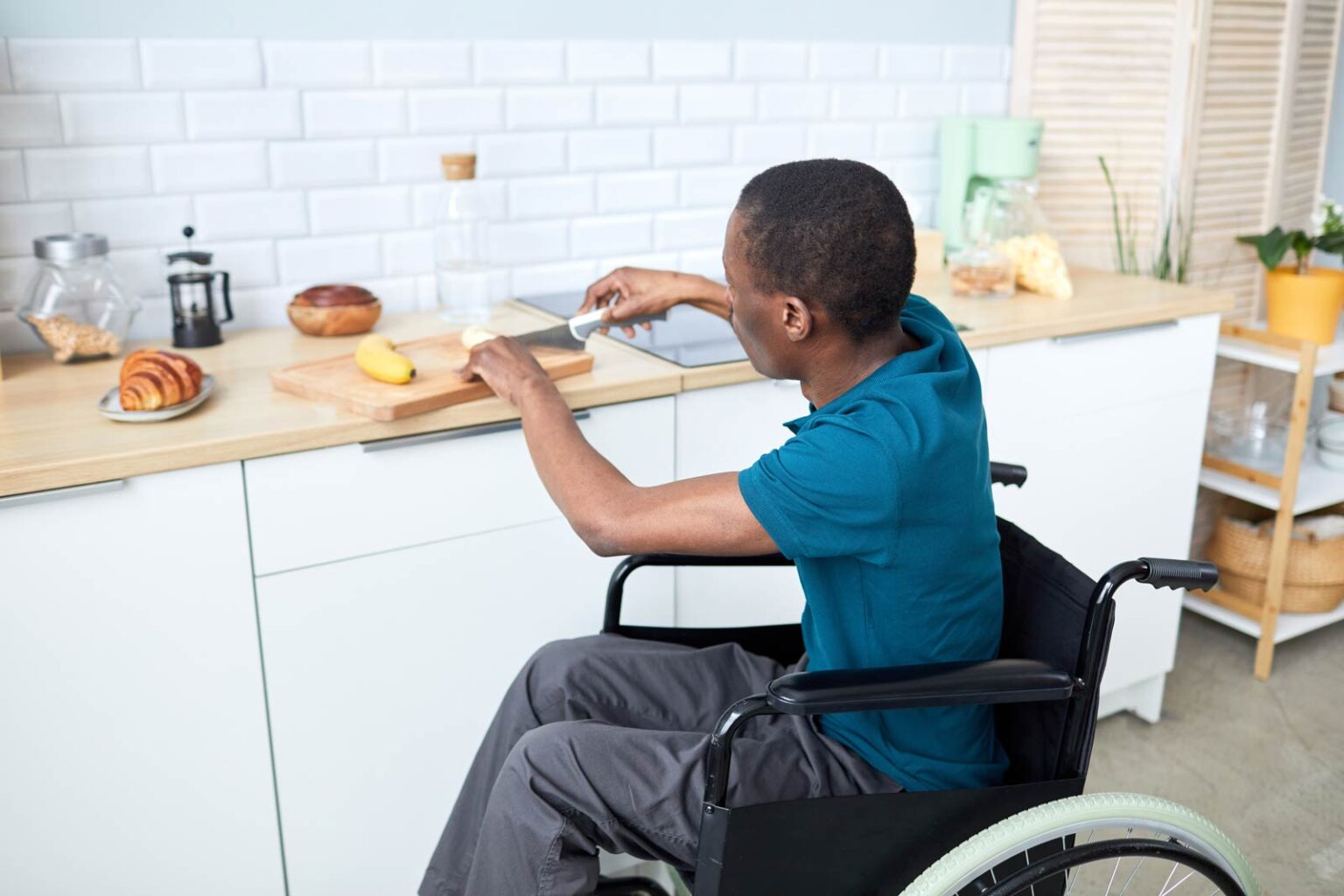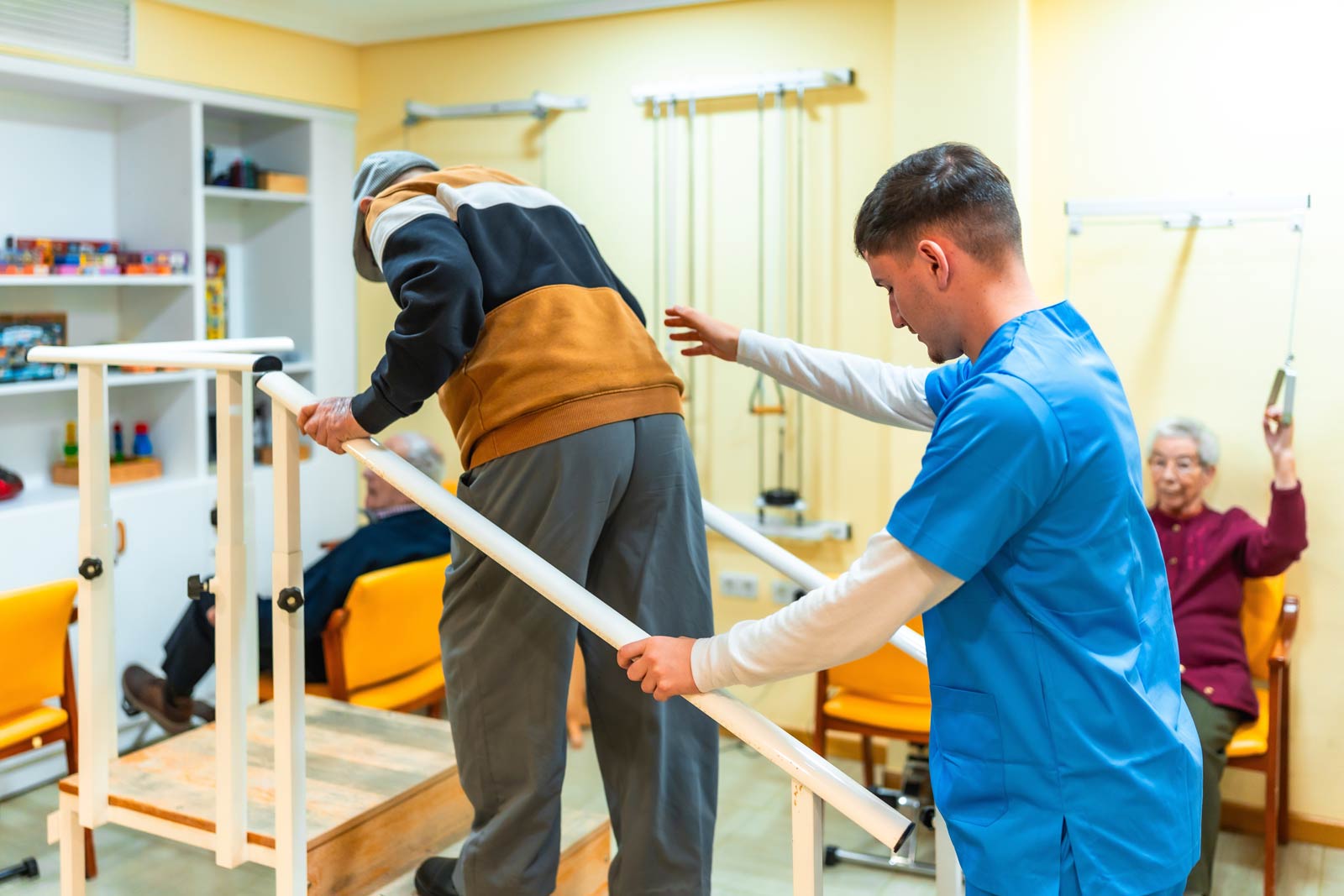Occupational Therapy
The goal of occupational therapy is to help you achieve the highest level of independence in everyday activities after an injury, illness, disability, or simply getting older. Newman Regional Health provides both inpatient and outpatient occupational therapy.


OUTPATIENT SERVICES
INPATIENT SERVICES
Stepping On Workshop
March 26, 2026 to April 30, 2026 @ 1:00 pm
Our occupational therapists work with patients of all ages to improve independence, safety, and participation in daily life. Through personalized treatment plans, occupational therapy helps you build the skills needed to do the activities that matter most — from self-care and hobbies to work and community life.
What conditions can occupational therapy help with?
- Difficulty performing daily activities such as dressing, bathing, cooking, or work tasks
- Loss of strength, coordination, or mobility
- Hand and upper limb function, including fine motor skills
- Balance and fall prevention
- Pain, swelling, or scarring that limits movement
- Energy conservation and fatigue management
- Need for adaptive equipment, ergonomic strategies, or home modifications
What types of treatment are available?
- Functional training - Practice real-life skills like cooking, grooming, and community activities
- Therapeutic exercise - Strengthening, range of motion, joint protection, and nerve desensitization
- Custom splints and orthotics – Fabrication, fitting, and modification to support healing and function
- Hand therapy – Improve function of hands upper extremities after injury or arthritis
- Wound, scar, and edema management – Techniques to reduce pain, swelling, and stiffness
- Adaptive equipment training – Instruction in tools that make daily tasks easier and safer
- Activity and home modification – Training to improve safety, accessibility, and independence
- Energy conservation and work simplification – Techniques to manage fatigue and increase efficiency
- Body mechanics and ergonomic training – Prevent injury and protect joints during daily activities

Settings for therapy
You may receive occupational therapy in different settings depending on your condition:
- Inpatient therapy, which occurs while you are staying in the hospital after a serious injury or illness.
- Outpatient therapy, in which you come to our location for care and go home after each appointment.
Inpatient therapy may be followed up with outpatient therapy after you leave the hospital to build on your progress and achieve long-term results. No matter the setting, patients receive the same high-quality speech therapy services, tailored to their individual goals.
